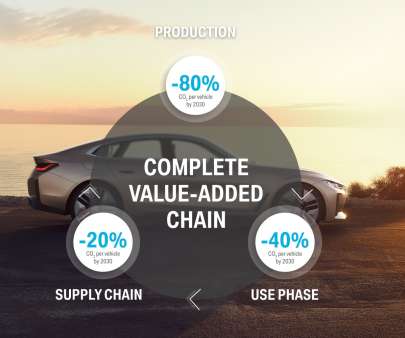Industry study finds lead-acid to remain most wide-spread automotive energy storage for foreseeable future; new chemistries continue to grow
Green Car Congress
MAY 28, 2014
Their low cost and ability to start the engine at cold temperatures sets them apart in conventional and basic micro-hybrid vehicles, and as auxiliary batteries in all other automotive applications, according to the report. In full-hybrid vehicles, the stored energy is also used for a certain range of electric driving.











Let's personalize your content